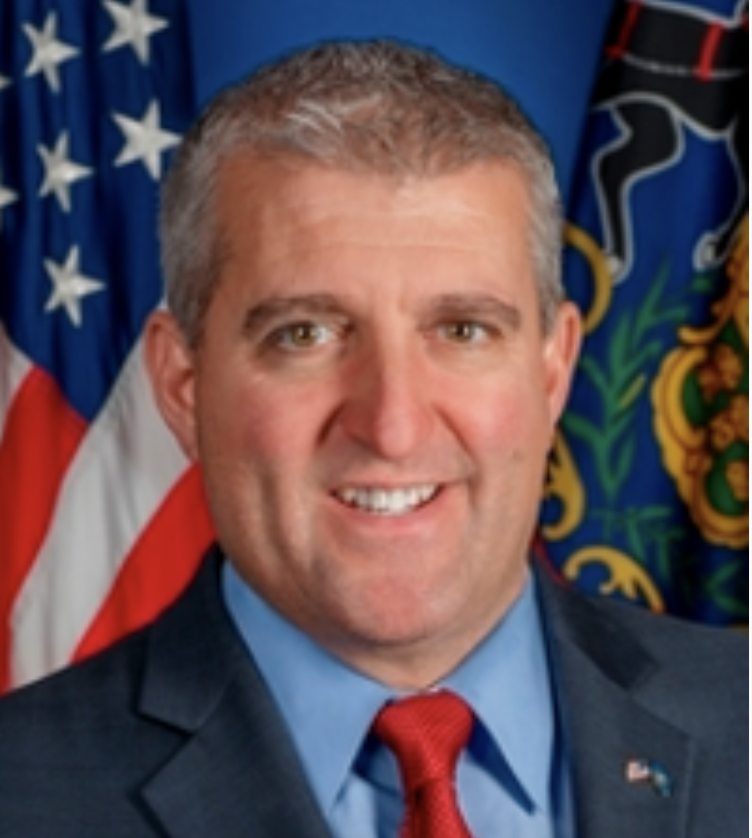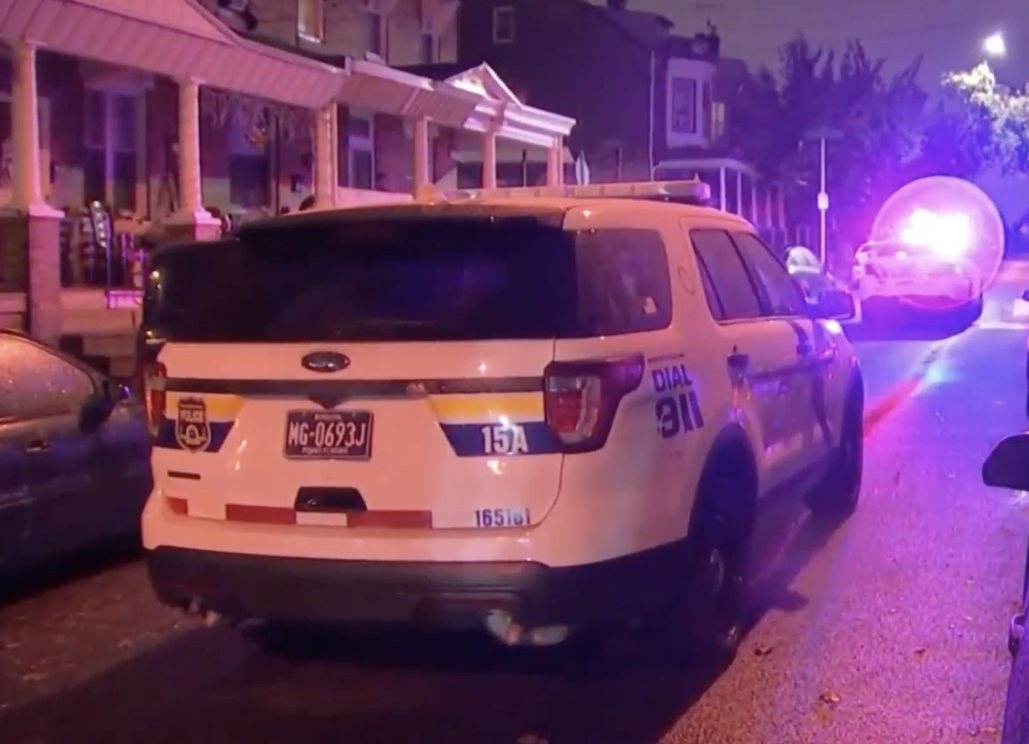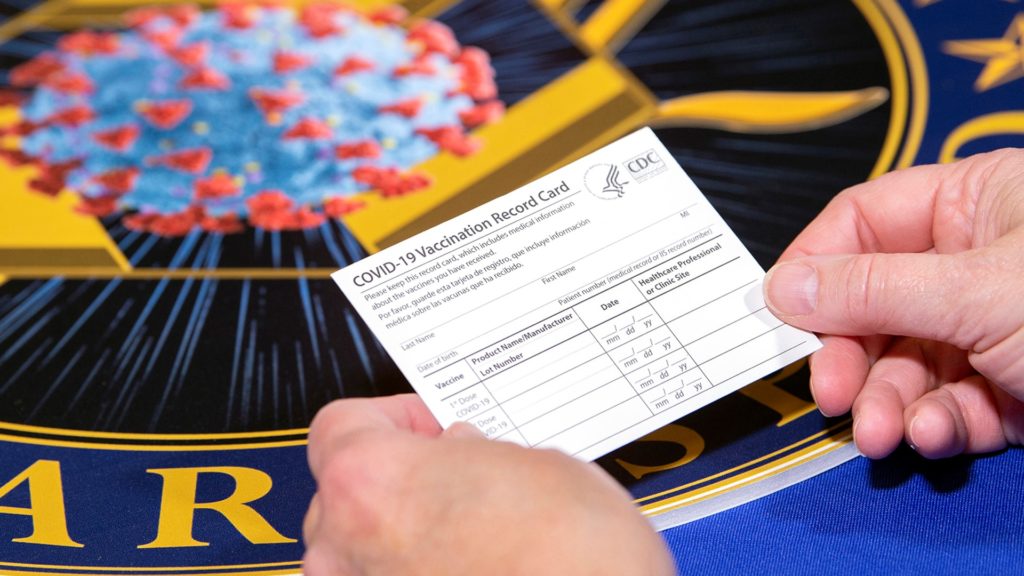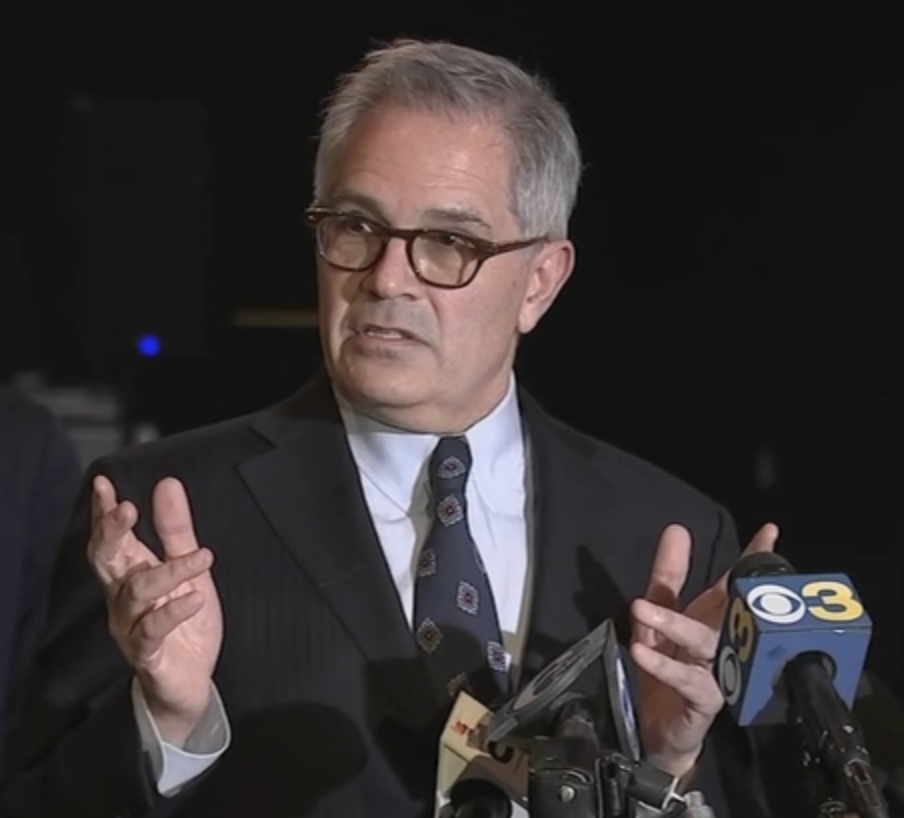GIORDANO: Parker’s Primary Victory a Win for Suburbs, Too
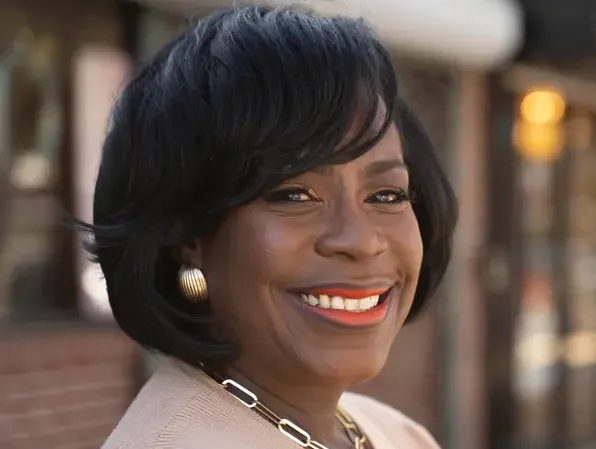
If you’re like me, your initial reaction to Cherelle Parker’s big win in Philadelphia’s Democratic Party’s mayoral race is the like the relief people feel when you’re driving and you narrowly miss a collision or the joy you feel when your medical tests come back clear.
Philadelphia dodged the disaster of Helen Gym, the darling of White progressives, becoming mayor. That’s good news for everyone in our area, not just in the city. And I believe Cherelle Parker will be a suburban-friendly mayor who draws suburbanites back to Philadelphia.
Parker started to come on my show about a year ago, and we openly discussed that some of her advisors cautioned against going on my station and talking with me. Listeners bonded with her over her joyous and infectious spirit, her support of restoring quality of life in Philadelphia, and her staunch opposition to safe injection sites.
On the other hand, Helen Gym put out a press release to the media attacking six Democrats who joined me for mayoral debates. The release noted I had said that I’d have to move away from Philadelphia if Gym were elected mayor. I took it as a high honor that the release directed me to “Start packing.”
I believe Parker will reach out to the suburbs because when she served in Harrisburg, she reached across party lines on many big issues. And on my show, she has dispelled the idea Philadelphia can’t work across geographic lines with suburban leaders.
Her approach is important because, even though Helen Gym was defeated, she still had a strong base of support. She did best with White progressives, particularly those making over $100,000 yearly and living in places like Center City and Chestnut Hill. Those people have largely been insulated from the violence plaguing Philadelphia. Those people loved Gym events featuring AOC and Bernie Sanders and touted the money and support Gym got from Jane Fonda.
Parker rolled up huge support from Black and Latino neighborhoods that have suffered under the wildly progressive policies of Philadelphia District Attorney Larry Krasner. It’s hard to concentrate on the latest chic policies of the merry band of radicals when the bullets are flying.
Even though Parker has the nomination, she will face a quality challenger in Republican nominee David Oh. On my show this week, Oh pushed back on Parker’s apparent support for an arena that the Philadelphia Seventy-Sixers want to build on Market Street. He also opposes her call for constitutional stop-and-frisk stops by the Philadelphia Police. Oh feels these stops are overreach by the government, and he plans to link that position to the theme of overreach by Philadelphia’s city government.
In addition to the Philadelphia races, there were two big developments in suburban races. Republican Montgomery County Commissioner Joe Gale was defeated by two Republican Party candidates endorsed by the Montgomery County GOP. Liz Preate Havey, former chairperson for Republicans in Montco, told me the endorsement sealed the defeat of Gale and that going forward, the Republican State Committee should endorse candidates in primaries to head off candidates like Doug Mastriano, who Josh Shapiro destroyed in the recent governor’s race.
The special election held in Delaware County held to fill the position of former state Rep. Mike Zabel showed how ineffectual the Delco Republicans are and how abortion is a critical issue. Democrats spent more than a million dollars to defeat Republican Katie Ford. And even though she told me that women should have the right to choose, Democrats relentlessly portrayed her as the vote that would restore Republicans to power in the House in Harrisburg and then take away all abortion rights in Pennsylvania.
The bottom line from this week is Philadelphia showed signs of sanity, and it’s good for our region.

